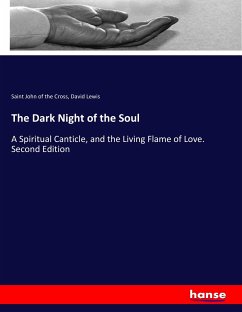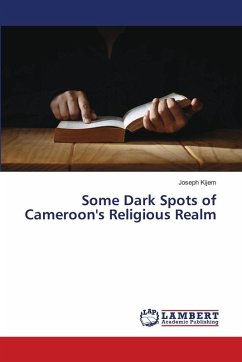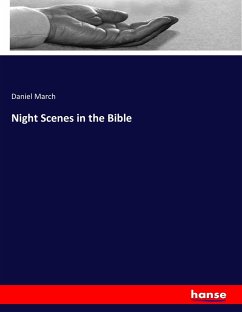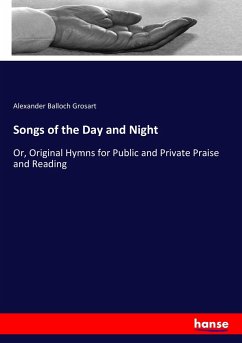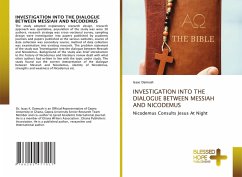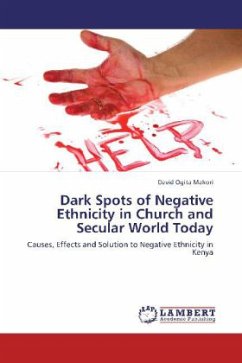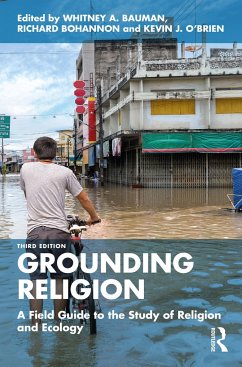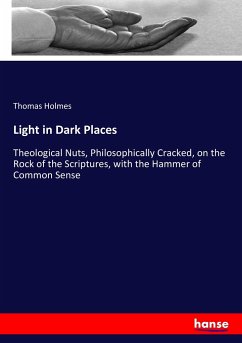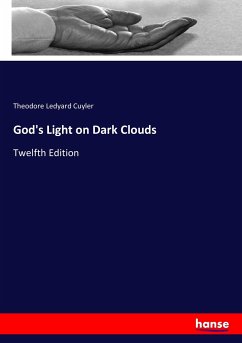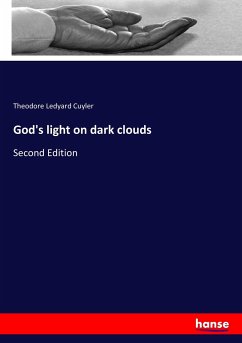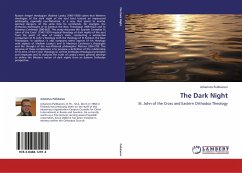
The Dark Night
St. John of the Cross and Eastern Orthodox Theology
Versandkostenfrei!
Versandfertig in 6-10 Tagen
45,99 €
inkl. MwSt.

PAYBACK Punkte
23 °P sammeln!
Russian émigré theologian Vladimir Lossky (1903-1958) claims that Western theologies of the dark night of the soul tend toward an impersonal philosophy, especially neo-Platonism, in a way that seems to involve spiritual dangers. At the same time he commends, for example, the Orthodox theologies of St Symeon the New Theologian (949-1022) and St Maximus Confessor (580-662). This study discusses the Spanish Carmelite St John of the Cross (1542-1591) mystical theology of dark nights of the soul from the point of view of Lossky s claim, conducting a substantial comparison of St John s theology wi...
Russian émigré theologian Vladimir Lossky (1903-1958) claims that Western theologies of the dark night of the soul tend toward an impersonal philosophy, especially neo-Platonism, in a way that seems to involve spiritual dangers. At the same time he commends, for example, the Orthodox theologies of St Symeon the New Theologian (949-1022) and St Maximus Confessor (580-662). This study discusses the Spanish Carmelite St John of the Cross (1542-1591) mystical theology of dark nights of the soul from the point of view of Lossky s claim, conducting a substantial comparison of St John s theology with the theology of St Symeon the New Theologian. In addition, it also compares select aspects of his theology with aspects of Vladimir Lossky s and St Maximus Confessor s theologies and the thought of the neo-Platonist philosopher Plotinus (204-270). The purpose of these comparisons is to propose a definition of the relationship of St John of the Cross theology to central Orthodox theological principles and emphases and to evaluate the truth of Lossky s more general attempt to define the Western notion of dark nights from an Eastern Orthodox perspective.



